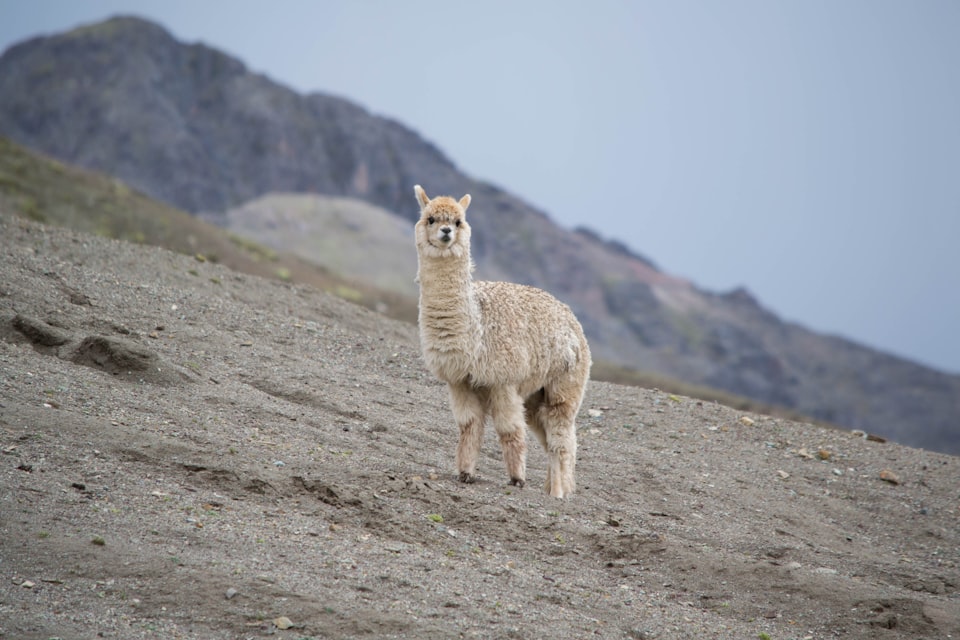Weekend Briefing No. 9

Good Saturday morning! This weekend's briefing covers non-prime loans, LLMs coming to Snowflake, climate change, and the disastrous rebranding of Twitter to X. This briefing is best enjoyed with your favorite hot beverage, and early in the morning.
Interesting data points
- Somalia leads the world in child mortality rate (11.19%) and the number of births per woman (6.31)
- South Africa leads the world in new annual HIV infections (6.9%) but it's in a downtrend (thank goodness)
- The United States is the world's largest consumer of cocaine, heroin, and cannabis
- FreeWilly2 is currently in first place on the LLM leaderboard
Non-Prime Loans
Coming from the "what were they thinking" file, it looks like subprime loans are making a coming back under a new name, non-prime loans.

Subprime loans were the bomb that set off the Real Estate Crash in 2007/2008. There were many factors leading to the crash but for the most part it was because these loans were issued to people who couldn't afford them. According to the article, there will be more scrutiny this time with terms and interest rates adjusted accordingly.
All loans, however, will not be the same for all borrowers. If a borrower is higher risk, a higher down payment will be required, and the interest rate will likely be higher.
Let's hope that Wall Street and the loan agencies have learned their lessons this time.
LLMs Come To Snowflake
It would appear that all roads lead to Databricks or Snowflake. This month Snowflake announced the ability to train, fine tune, and deploy the Llama v2 model inside Snowpark Container Services. This is big news for Snowflake who successfully "flipped the script" on scalable databases.

We know that many Snowflake customers want to run Llama, and forthcoming derivatives of Llama that the open source community is likely to create, inside their Snowflake accounts. This allows them to have a LLM run right within their Snowflake Data Cloud data. Customers have also told us they want to fine-tune Llama v2 with their own data from their Snowflake accounts directly inside the Snowflake Data Cloud, to create and serve new bespoke models for their specific use cases.
The open source LLM community is ramping up fast these days, including my employer H2O.ai. This is an exciting space to watch right now.
What's Driving The Extreme Heat
Once again I'm on my soapbox about climate change, it's hard not to be especially during this summer of heatwaves! Yet, aren't heatwaves a thing humans faced before we started burning fossil fuels? Scientists say yes, but not like what we're experiencing today.
Before humans began burning fossil fuels in enormous quantities, this month’s North American and European heat waves would have been “virtually impossible,” according to a newly released statistical analysis. China’s heat wave would have happened only about once every 250 years.
and,
Extreme weather was around long before humans were burning fossil fuels, of course. Yet over the past couple hundred years, man-made emissions have heated the planet. And when the world is warmer, heat waves, hurricanes, droughts and fires all get more intense.
It comes down to something called 'attribution science,' or calculating the odds and likelihood that these extreme weather events are caused my man made climate change. These odds are calculated when scientists run two climate simulations: one without humans pumping out greenhouse gases and the other simulation with them.
The moral of this story? Expect the odds of extreme weather to increase in the future if we don't limit greenhouse gas emissions.
End Notes
This week Elon Musk, owner of Twitter, decided to rebrand and rename Twitter as 'X.' It's believed that this change (or stunt) has erased "between $4 billion and $20 billion in company value, Bloomberg reported, citing analysts and brand agencies." Considering that Elon bought Twitter for $44 billion, this value destruction could be between 10 and nearly 50% of it's value. Plus, it's rumored that Elon doesn't even own the "X" trademark, instead that belongs to Microsoft.
The rebranding was chaotic to say the least, if not completely stupid.
I've watched in horror as Elon systematically dismantled a platform that I loved dearly. When he first bought Twitter, I wondered where do we go once Twitter dies? I knew that changes were going to come and I was checking out Mastodon in particular, as an off ramp. I did create an account over there but I haven't fully embraced Mastodon. Then Threads came and I joined with gusto only to get bored with it in a week.

In fact, Threads engagement has dropped 70% since it started. It looks like I'm not the only one getting bored with another social media platform. I'm not sure but maybe people are just sick of social media and its divineness in general. Maybe we're all tired of the trolls, the political infighting, and the dumbing down of discourse. Hell, it might just be that we don't want to be a part of Zuckerberg's Meta walled garden!
Whatever the reason, all I know is that there's a mass of Twitter refugees looking for a new home, a place where they can consume breaking news, post short messages, and interact with a community. Is that too much to ask? Or is something completely different brewing underneath the Internet surface?
It's too early to tell but perhaps the Internet wants to return to a time where people hosted their own content on their own domains again, and shy away from the siloed social media platforms. A place where they can grow their own community and moderate it as they see fit.
Only time will tell where all the Twitter refugees land but for some smart entrepreneurs, who can build a better bird cage, it could be the opportunity of a lifetime. The question is, do we want to be caged again?







Member discussion